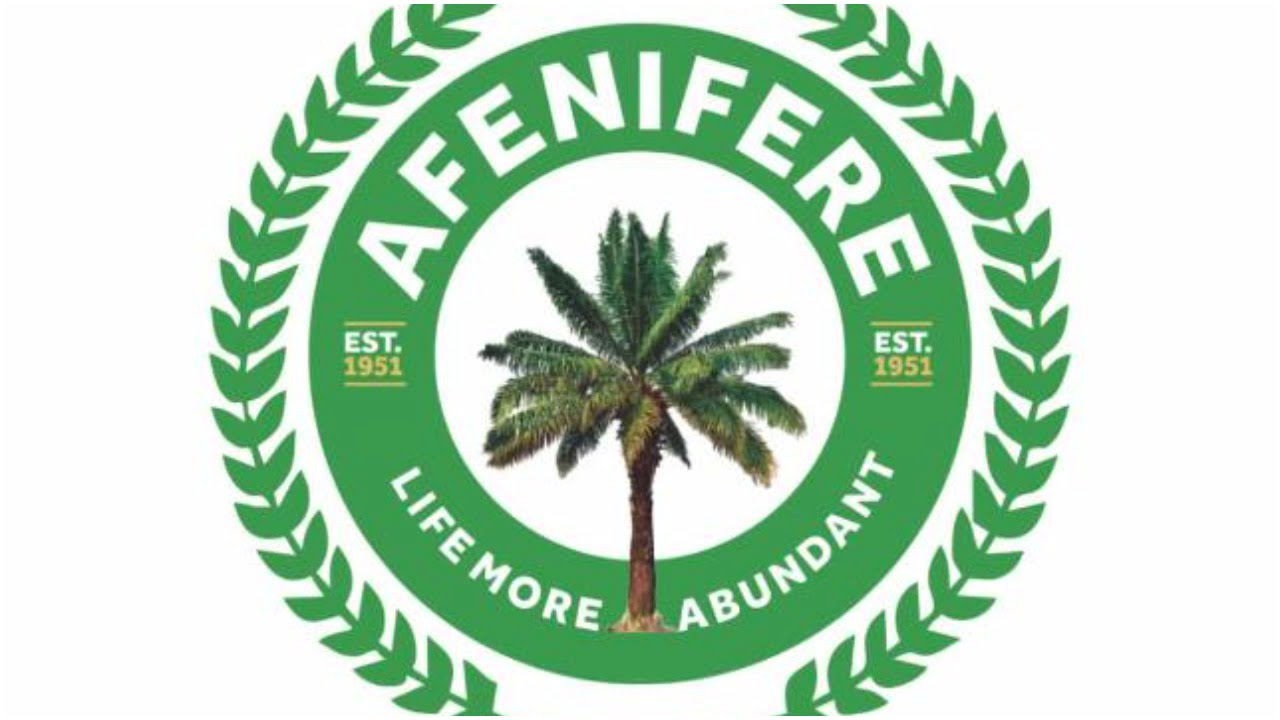Pan-Yoruba socio-political organisation, Afenifere, yesterday faulted the New Year message of President Bola Ahmed Tinubu, saying while it expects the year to be that of fulfilment, it has turned out to be “a year of further promises and renewed hope that has brought nothing but more poverty.”
According to the group, “the reality on ground is that Nigerians are dying due to increased poverty caused by currency devaluation that devalued real wages, coupled with increased energy prices, increased cost of raw materials and exorbitant high interest rates, which all fuel our current hyperinflation.”
Afenifere National Publicity Secretary, Prince Justice Faloye in a statement yesterday stated that “ideological misconceptions are the greatest hindrance to this administration.”
Faloye said rather than admit that its policies of subsidies removal and devaluation are the causes of inflation, “it went ahead to increase bank interest rates, a cure for demand pull inflation and not cost push inflation that we suffer, thereby causing manufacturing closures and more unemployment.”
“The government needs to understand that petrol and electricity, though having a consumption element, are key production drivers that every responsible government must rein in their costs. The USA spent $300b on fossil fuels subsidies in its Inflation Reduction Act (IRA).
“The high cost of fuel is tied to the exchange rate which the government wrongly believes should be floated.
“Independent sources project that the Naira will exchange for N1,800 this year, which will further increase the price of fuel and every other thing since fuel provides 90% of our energy needs,” it added.
The group stated that with fuel imports that account for 30% of import bill now locally produced, “we expect a surplus in foreign reserves.”
“However unfortunately the government has increased its borrowing whose interest payments would swallow up foreign exchange saved from local production of petrol.
“We need a cut in the cost of governance as the further increase in ministries and MDAs whose officials buy foreign cars, increases the second highest import bill which is for car importation.
“Overall, we need more pro-people economic policies and not mere promises. There was no mention of our huge unemployment and the 50% agriculture wastage, which could be resolved with railway induced heavy manufacturing that will provide well paying jobs, high income and employment multiplier effects across all economic sectors, especially in logistics and warehousing subsectors required to cut agriculture wastage.”
Pan-Yoruba socio-political organisation, Afenifere, yesterday faulted the New Year message of President Bola Ahmed Tinubu, saying while it expects the year to be that of fulfilment, it has turned out to be “a year of further promises and renewed hope that has brought nothing but more poverty.”
According to the group, “the reality on ground is that Nigerians are dying due to increased poverty caused by currency devaluation that devalued real wages, coupled with increased energy prices, increased cost of raw materials and exorbitant high interest rates, which all fuel our current hyperinflation.”
Afenifere National Publicity Secretary, Prince Justice Faloye in a statement yesterday stated that “ideological misconceptions are the greatest hindrance to this administration.”
Faloye said rather than admit that its policies of subsidies removal and devaluation are the causes of inflation, “it went ahead to increase bank interest rates, a cure for demand pull inflation and not cost push inflation that we suffer, thereby causing manufacturing closures and more unemployment.”
“The government needs to understand that petrol and electricity, though having a consumption element, are key production drivers that every responsible government must rein in their costs. The USA spent $300b on fossil fuels subsidies in its Inflation Reduction Act (IRA).
“The high cost of fuel is tied to the exchange rate which the government wrongly believes should be floated.
“Independent sources project that the Naira will exchange for N1,800 this year, which will further increase the price of fuel and every other thing since fuel provides 90% of our energy needs,” it added.
The group stated that with fuel imports that account for 30% of import bill now locally produced, “we expect a surplus in foreign reserves.”
“However unfortunately the government has increased its borrowing whose interest payments would swallow up foreign exchange saved from local production of petrol.
“We need a cut in the cost of governance as the further increase in ministries and MDAs whose officials buy foreign cars, increases the second highest import bill which is for car importation.
“Overall, we need more pro-people economic policies and not mere promises. There was no mention of our huge unemployment and the 50% agriculture wastage, which could be resolved with railway induced heavy manufacturing that will provide well paying jobs, high income and employment multiplier effects across all economic sectors, especially in logistics and warehousing subsectors required to cut agriculture wastage.”

 Join Daily Trust WhatsApp Community For Quick Access To News and Happenings Around You.
Join Daily Trust WhatsApp Community For Quick Access To News and Happenings Around You.


